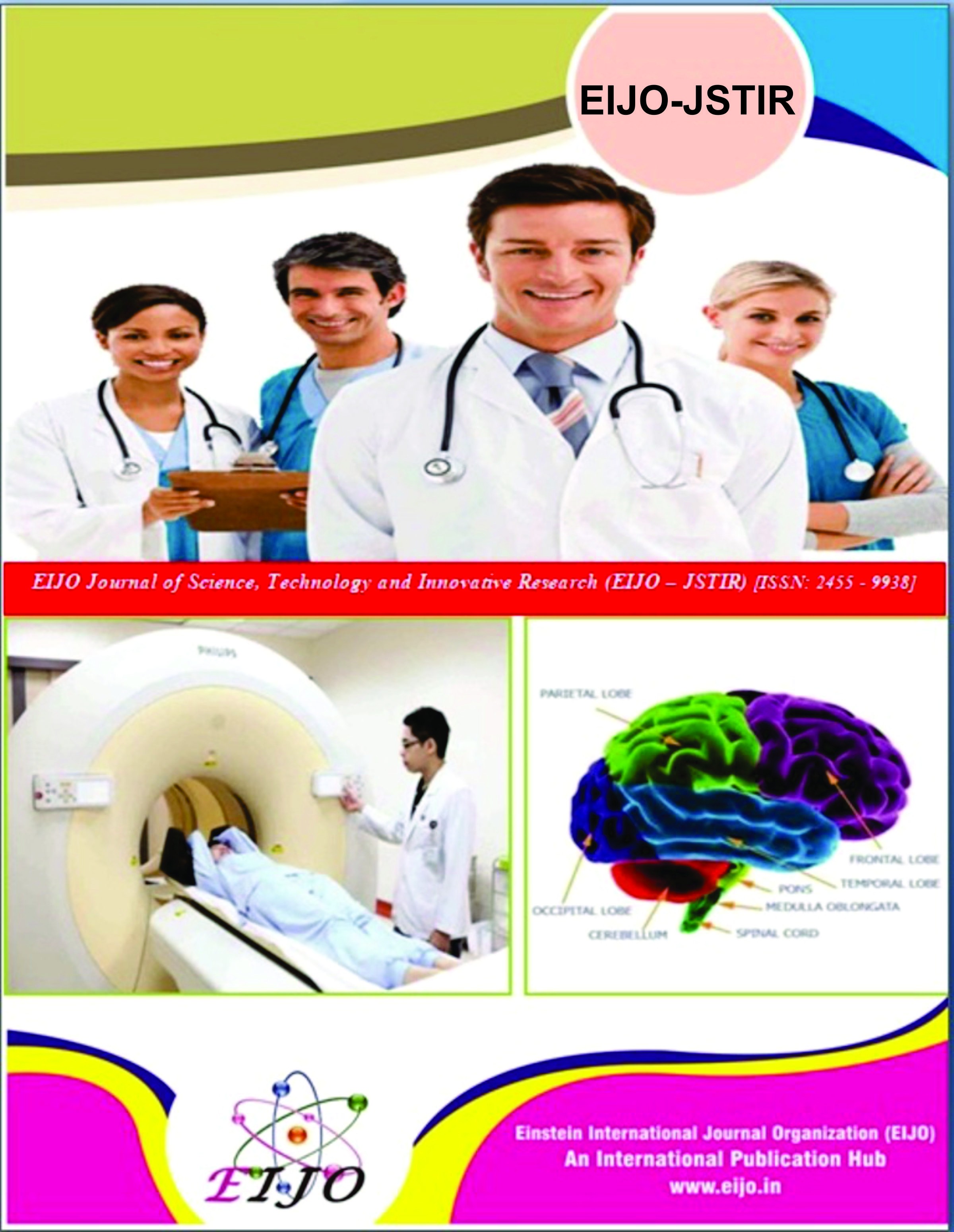JOURNALS || EIJO Journal of Science, Technology and Innovative Research (EIJO – JSTIR) [ ISSN : 2455 - 9938 ]
Cardiogenic shock is the most common cause of death in patients hospitalized with acute myocardial infarction. Cardiogenic shock is characterized by inadequate tissue perfusion due to cardiac dysfunction, and it is often caused by acute myocardial infarction. It has also been frequently associated with ST-segment elevation myocardial infarction and patients with comorbidities.
Cardiogenic shock presents with low systolic blood pressure and clinical signs of hypo perfusion. The Initialization on stability can be followed by reperfusion by fibrinolytic therapy, emergent percutaneous intervention (PCI) or coronary artery bypass grafting (CABG) is the treatment option. The PCI and CABG have been found to decrease mortality in the long term.
Research is being carried out on the role of inflammatory mediators in the clinical manifestation of cardiogenic shock. Cardiogenic shock (CS) is a complex and highly morbid entity conceptualized as a vicious cycle of injury, cardiac and systemic decompensation, and further injury and decompensation. The pathophysiology of CS is incompletely understood but limited clinical trial experience suggests that early and robust support of the failing heart to allow for restoration of systemic homoeostasis appears critical for survival. Mechanical support devices also show promise in the future.
The pathophysiology of cardiogenic shock involves a vicious spiral circle: ischemia causes myocardial dysfunction, which in turn aggravates myocardial ischemia. The review is to understand the pathophysiology of cardiogenic shock, clinical features and management of CS as a systemic process. The key to an optimal treatment of cardiogenic shock patients is a structured approach will include rapid diagnosis and prompt initiation of therapy to increase blood pressure and augment cardiac output with subsequently improved perfusion. A Rapid diagnosis and supportive therapy in the form of medications is the need of hour such as airway support and intra-aortic balloon counter pulsation is necessary. The review mainly emphasis the epidemiology, pathophysiology, and treatment management strategies for cardiogenic shock.
- Bates ER, Moscucci M. Post-myocardial infarction cardiogenic shock. In: Brown DL, Ed. Cardiac Intensive Care. Philadelphia, Pa: Saunders, 1998; 215-27.
- Hochman JS, Boland J, Sleeper LA, et al. Current spectrum of cardiogenic shock and effect of early revascularisation on mortality. Results of an international registry. SHOCK registry investigators. Circulation 1995; 91: 873-81.



